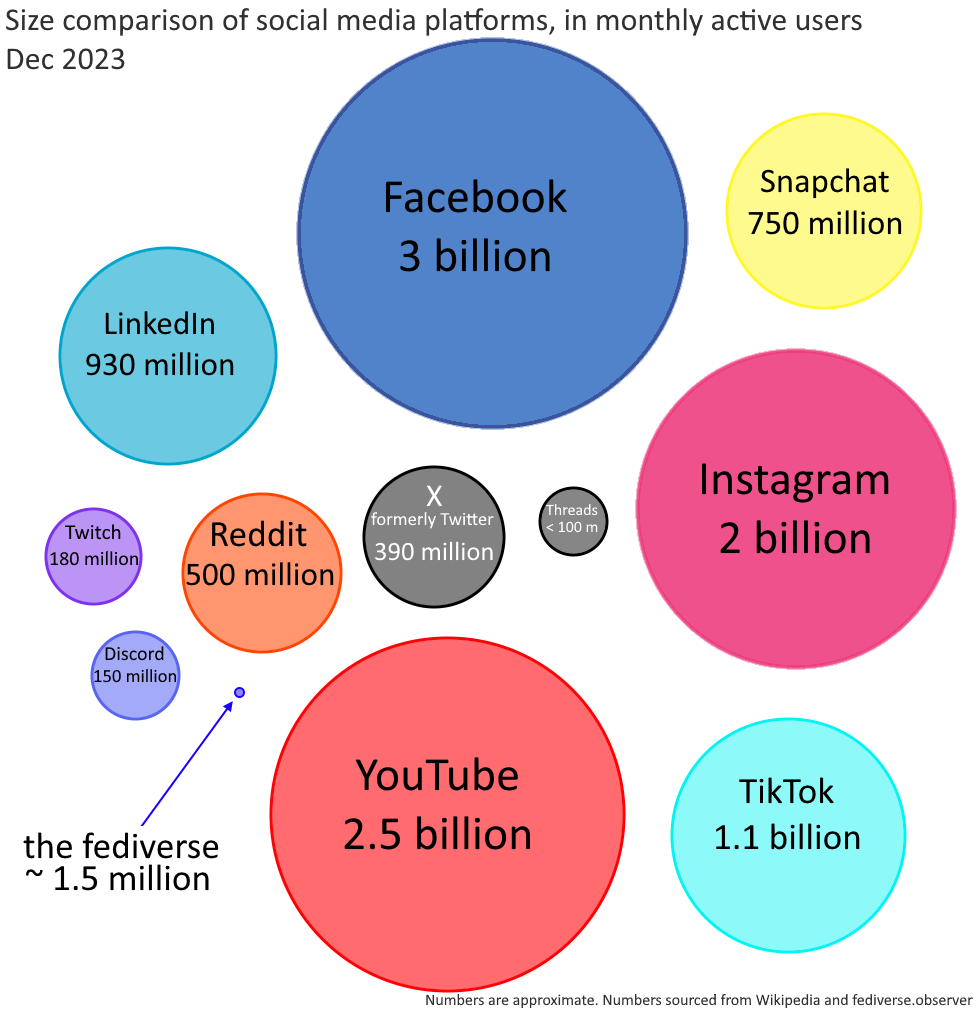view the rest of the comments
Selfhosted
A place to share alternatives to popular online services that can be self-hosted without giving up privacy or locking you into a service you don't control.
Rules:
-
Be civil: we're here to support and learn from one another. Insults won't be tolerated. Flame wars are frowned upon.
-
No spam posting.
-
Posts have to be centered around self-hosting. There are other communities for discussing hardware or home computing. If it's not obvious why your post topic revolves around selfhosting, please include details to make it clear.
-
Don't duplicate the full text of your blog or github here. Just post the link for folks to click.
-
Submission headline should match the article title (don’t cherry-pick information from the title to fit your agenda).
-
No trolling.
Resources:
- selfh.st Newsletter and index of selfhosted software and apps
- awesome-selfhosted software
- awesome-sysadmin resources
- Self-Hosted Podcast from Jupiter Broadcasting
Any issues on the community? Report it using the report flag.
Questions? DM the mods!

There is an interesting, and almost universal phenomenon on reddit that every time a subreddit gets past about 40,000 subscribers, the discussion quality immediately drops off a cliff, unless extremely harsh moderation policies are implemented to explicitly weed out low effort content which brings its own set of problems.
My theory on why this occurs is the scaling power of moderation. I think you computer people are probably very familiar with the concept of scalability, and that size is its own challenge at the hyperscale. So for a centralized system like Twitter or Instagram or Facebook, moderation can only scale vertically, so a huge moderation team is needed to contend with the scale of these platforms alone, which also forces the need of personalized recommendation algorithms to promote this that are actually interesting to individual users.
Reddit was able to partially avoid this phenomenon with the subreddit system, which means everyone was able to effectively manage their own, smaller subgroups who shares common interest without intervention from the site admin/mods to achieve a form of pseudo-horizontal scaling. You can also see the success of that with Facebook Groups, which are one of the few reasons why people still use Facebook for social media even though they do not want to interact with the current Facebook audience.
Lemmy, and the rest of the fediverse platforms would suffer the problems even less, as now every group admin can now be completely independent from one another, which means that real horizontal scaling can be achieved and hopefully preserving the discussion quality to a degree as it grows.
great comment!
i tend to agree. i think the fediverse is probably the best model moving forward. it is a challenging problem!